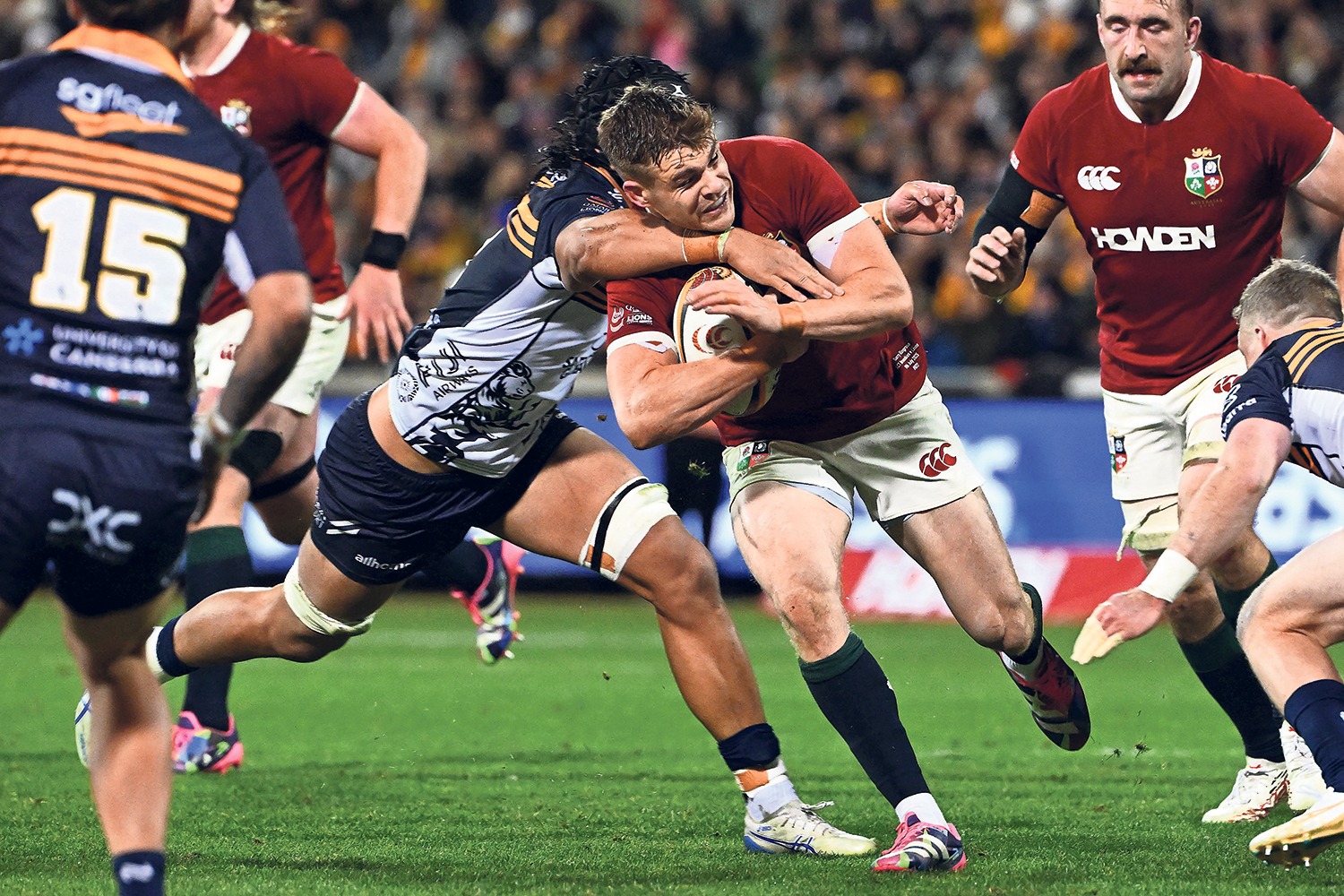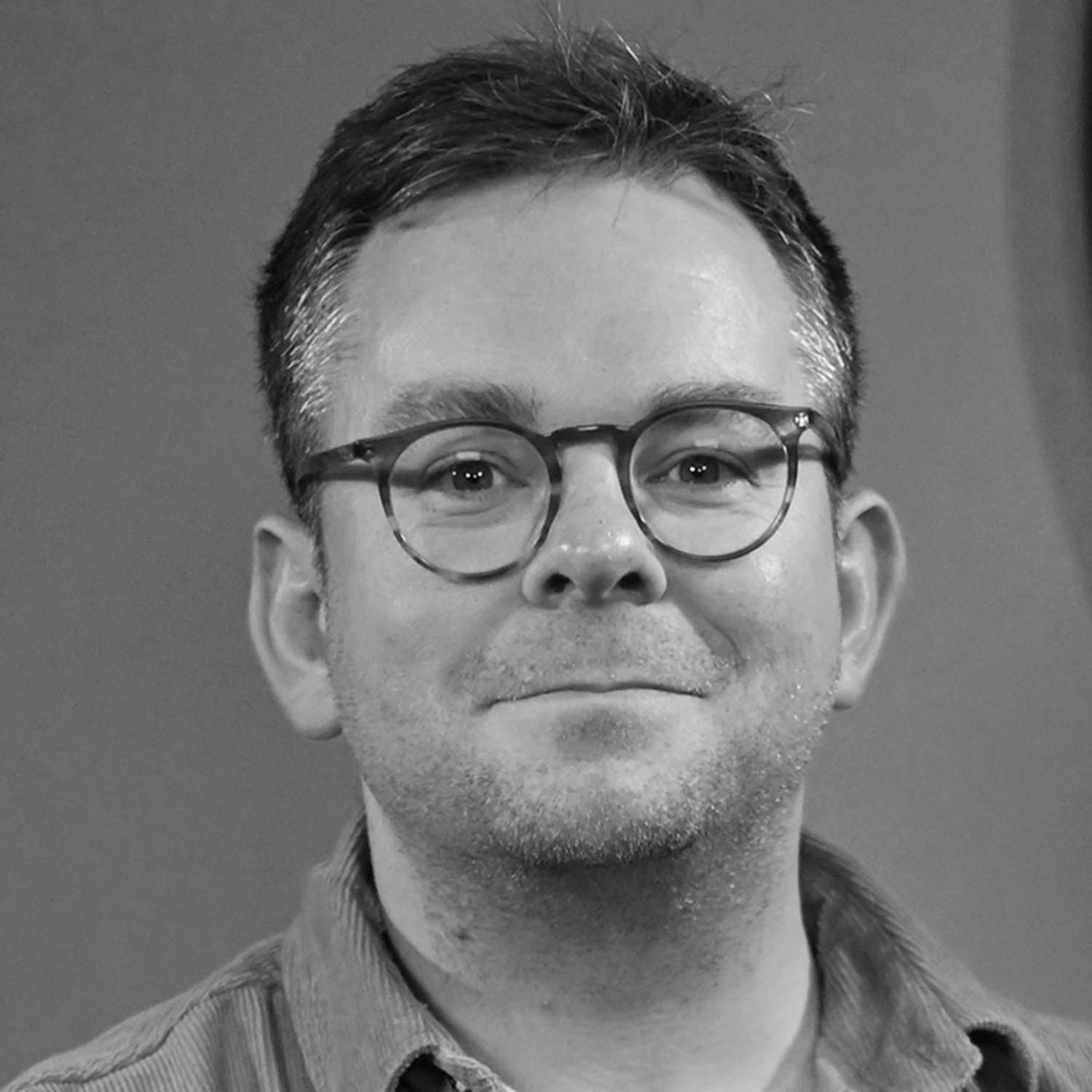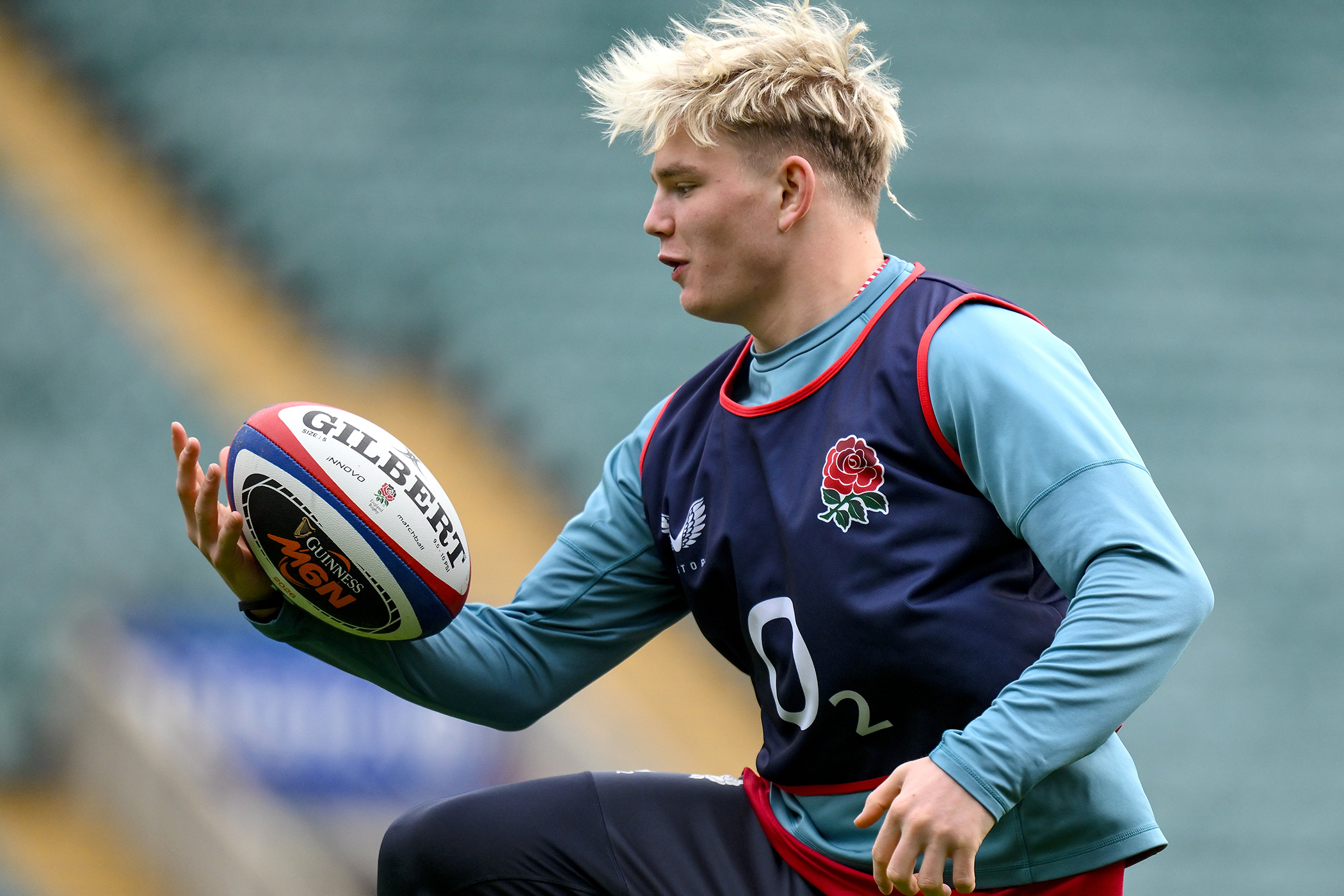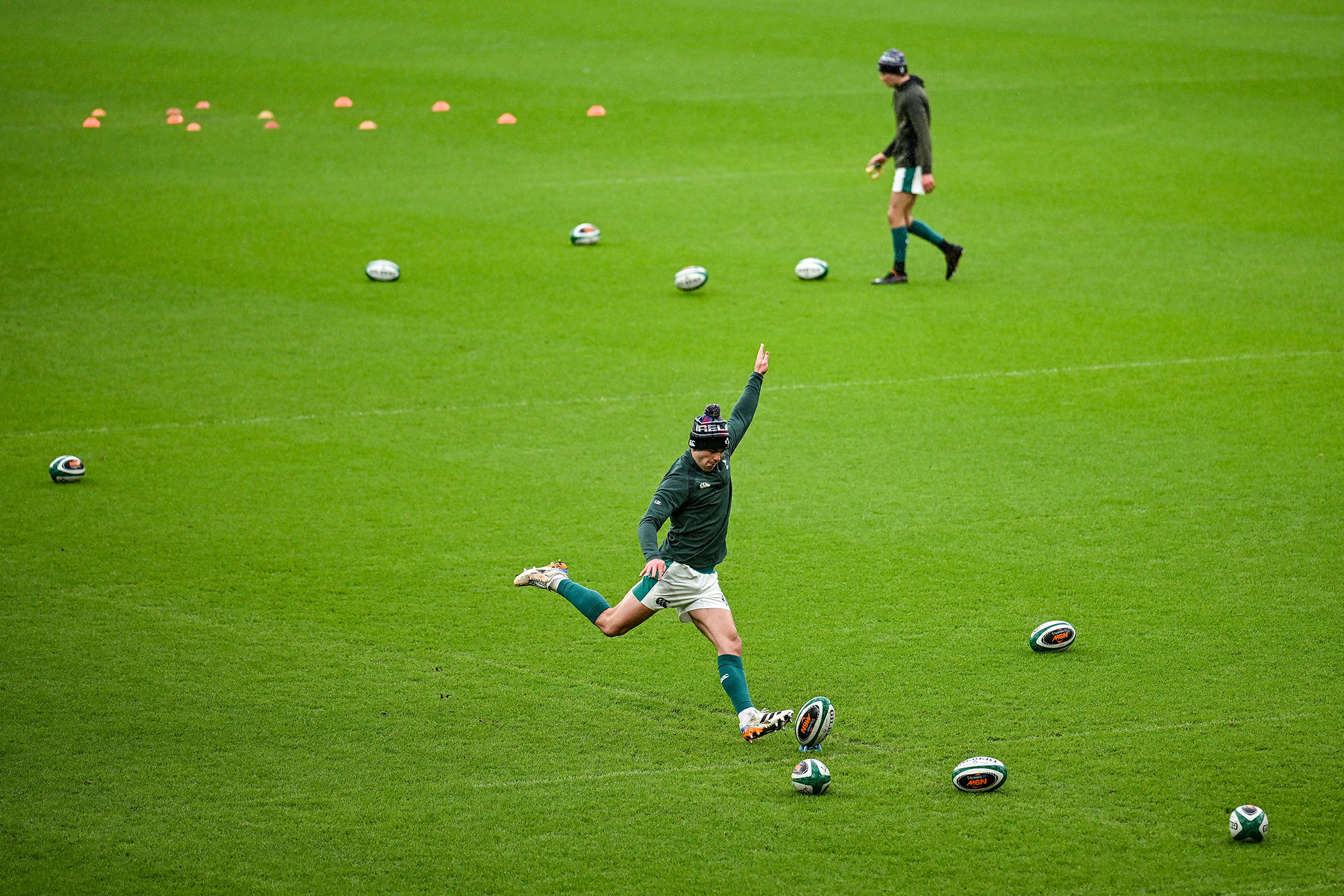Selfless. That word, more than any other, has been used to describe Garry Ringrose’s admirable admission that he could not play in the second Test for the British & Irish Lions.
As the final training session before the team announcement wrapped up at Xavier College in Melbourne on Thursday, Ringrose approached Andy Farrell, the Lions head coach, and informed him he had experienced concussion symptoms. Ringrose knew that he could not play in the second Test and, more importantly, that he had to say something.
After decades of players staying quiet about concussion symptoms, fearing they would lose their place in the team or miss out financially, Ringrose’s admission feels seismic. To play for the Lions in any Test match is an honour but yesterday at the Melbourne Cricket Ground, in front of 90,307, was an extraordinary occasion for those players selected, running out in front of the largest ever crowd for a Lions Test. A once-in-a-lifetime opportunity, particularly when you consider that Ringrose, 30, may not be around in four years when the Lions next tour in New Zealand.
“[Ringrose has] probably done more to raise awareness and educate regarding brain injuries in rugby than years of campaigning,” Peter Robinson, whose son, Ben, died as a result of concussion at age of just 14, tells The Observer. Robinson has campaigned tirelessly ever since to warn of the dangers of playing on with a concussion.
“It can’t be underestimated how important a decision that was by Ringrose. [It is] a great example to the rugby family that welfare comes first and no game is too big. To stand himself down from one of the biggest events in rugby, knowing that he couldn’t perform at 100% due to concussion symptoms, has to be applauded.”
Ringrose was due to start in a new midfield partnership for the Lions alongside his team-mate Bundee Aki, one of 10 Ireland internationals picked by Andy Farrell to try to secure back-to-back series victories for the Lions in Australia following the success of 2013.
In the early tour games, Ringrose was so effective as a defender bursting out of the line to shut down attackers that it felt as though you were being given a glimpse of how the Lions would aggressively defend in the Test series against Australia.
Then came his concussion against the Brumbies, ruling him out of the first Test in Brisbane last weekend. Ringrose passed his head injury assessment (HIA) and returned off the bench on Tuesday against the First Nations and Pasifika XV, playing an unexpectedly long 65 minutes following Darcy Graham’s early injury, and came through with no concerns. Nothing on the Wednesday when the team was finalised. And then came Thursday’s training session. Recovery from concussion is never a linear process. Farrell, the Lions coach, and Maro Itoje, the Lions captain, were effusive in their praise for the Ireland centre.
“It’s very easy to keep it to yourself. It was very big of him and the right thing to do, 100%. For the team as well, not just for Garry,” said Farrell. Itoje added: “All we ask of all of us is to be selfless and put the team first. But when push comes to shove, you see who really does it – and Garry’s the man that really did it.”
Ringrose may pass the HIA protocols and be available for the third Test in Sydney next Saturday. But there is just as big a chance of his symptoms persisting, ending his Lions tour.
Newsletters
Choose the newsletters you want to receive
View more
For information about how The Observer protects your data, read our Privacy Policy
Imagine if he had decided to stay quiet, not wanting to miss out on arguably the peak of his career. Imagine him having to tackle a full-speed 22st Will Skelton. Or going into heavy contact and being tackled by the Wallabies back-row duo of Rob Valetini and Fraser McReight. Imagine the long-term ramifications for his already damaged brain. That is why Ringrose’s decision to speak out matters so much, when in the past others would have found a way to game the system and return to play.Alix Popham, the former Wales flanker who won 33 caps, has spoken openly about having no recollection of playing in matches during his career. Popham was diagnosed with early onset dementia at the age of 40. He is the co-founder of the Head for Change charity, supporting those who have suffered sport-related brain injuries, and has called for the HIA protocol to be re-examined.
“It is massive that he has put his hand up and said he is not right, which is obviously a big step forward. But you have to then start asking questions around the HIA which has passed him fit,” Popham tells The Observer.
“Being on the bench on Tuesday after the brain injury was definitely too soon, because he has not recovered. Ultimately, there is an underlying problem with the HIA [process] and how it is being used. It just shows that it is not fit for purpose in my eyes or that of independent experts.
“Everything at the moment is player-led. Ringrose has put his hand up and said he is not right, but there is no stopping nine other players from saying they are OK and playing [on] with brain injuries.”
Popham, eager to stress that he still loves that game and would be watching the second Test, fears that modern players are able to easily find a way around the process.
“Until we get away from player-led protocols, which these are, rugby men and women are gladiators who want to play. They will hide injuries and live on painkillers. Until there is a baseline test which cannot be fudged, we are not going to take steps forward.”
A World Rugby spokesperson said: “We applaud Garry and the Lions management. Protection of players is multi-faceted, and any player self-reporting symptoms is, of course, important. Combined with the return to play protocol, rugby’s HIA process is recognised as the benchmark. Using a clear process mandated by World Rugby, medical teams use several tools to determine a suspected concussion, which prevents a symptomatic player from returning to play.
“The accuracy of the HIA is over 90%, comparable to an MRI for other injuries. It forms part of an individualised process, which includes self-reporting, to protect players. We are unwavering in our commitment to player welfare.”
The great hope is that Ringrose’s bravery – and make no question, this is a brave decision – can inspire other players to think of the bigger picture and stand themselves down.
Photograph by Saeed Khan/AFP via Getty Images



